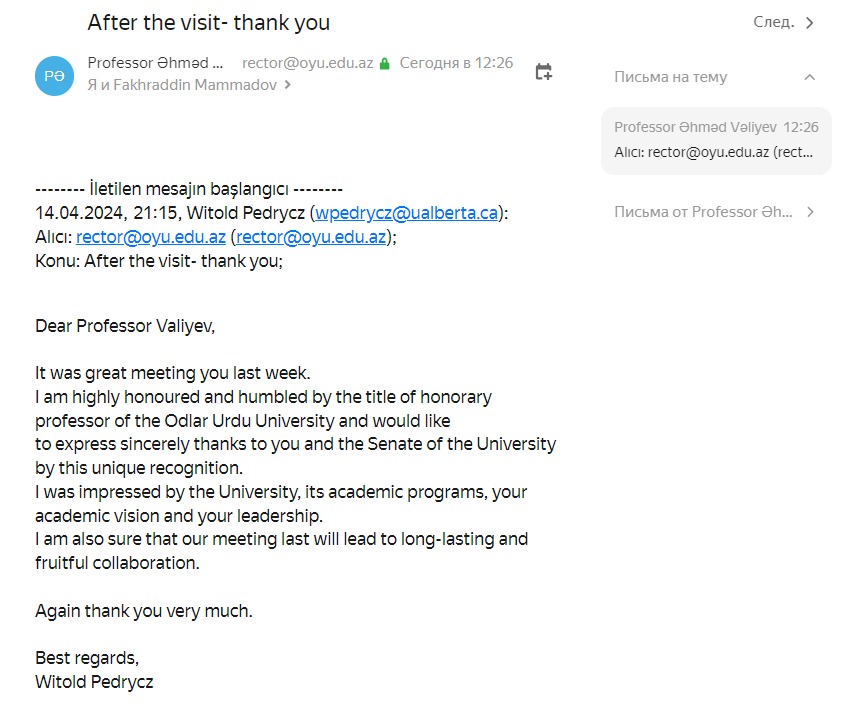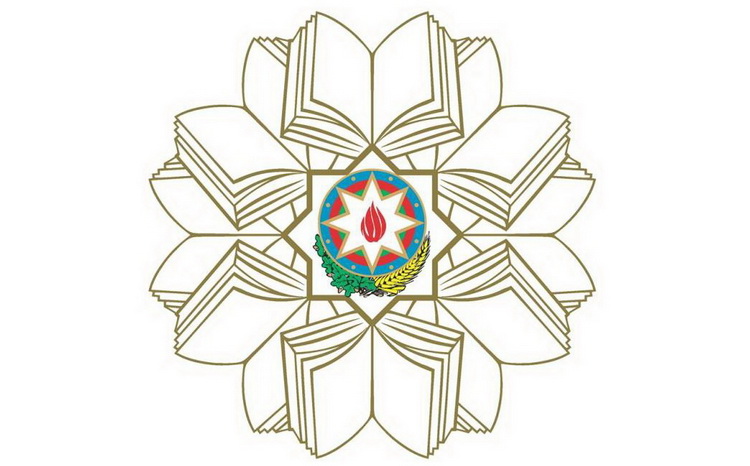



Ecology - Bioecology
Description of the Specialization
The specialization "Ecology – Bioecology" offered at the Master's level at Odlar Yurdu University is aimed at training specialists who systematically study the mutual relationships between living organisms and their environment, and who are focused on the protection of ecosystems and ensuring sustainable development. Within the program, students are provided with theoretical knowledge and practical skills in biological diversity, ecological balance, the structure and function of bioenvironments, and the diagnosis and resolution of ecological problems. This specialization aims to cultivate highly qualified personnel focused on nature conservation by encompassing the integration of biological sciences with ecology.
Main Objectives of the Specialization
-
Study of Bioecological Processes: Analysis of the mutual relationships between living organisms and their habitat, and the circulation of energy and matter.
-
Environmental Monitoring and Assessment: Determination of the impact of biotic and abiotic factors, and observation and forecasting of ecological changes.
-
Sustainable Development and Bioenvironment Protection: Formation of skills in the rational use of natural resources, biodiversity protection, and the application of ecological policy.
Structure of the Curriculum
The main modules taught within the program include:
-
General and Applied Ecology
-
Biodiversity and Structure of Bioecosystems
-
Biological Monitoring of the Environment and Ecotoxicology
-
Human Activity and Ecological Hazards
-
Ecosystem Modeling and Forecasting
-
Applied Practice and Master's Thesis
Career Prospects
Graduates who have obtained a Master's degree in this specialization can pursue professional activities in the following areas:
-
Ecologist in state and non-governmental organizations for environmental protection.
-
Bioecologist in nature conservation and restoration projects.
-
Specialist in scientific research institutes and laboratories.
-
Expert in ecological safety and monitoring in industrial enterprises.
-
Teacher or Researcher in educational institutions.
Acquired Skills
-
Analysis of ecological processes and living organism-environment relationships.
-
Ability to assess the impact of biotic and abiotic factors.
-
Conservation of biodiversity and preparation of sustainable ecological policies.
-
Environmental monitoring and interpretation of biological data.
-
Analytical and research-oriented approach to the state of ecosystems.
Duration of Study
The Master's program is implemented over a period of 2 years, and during this time, students are provided with theoretical subjects as well as practical skills based on ecological monitoring, field research, and scientific projects.






